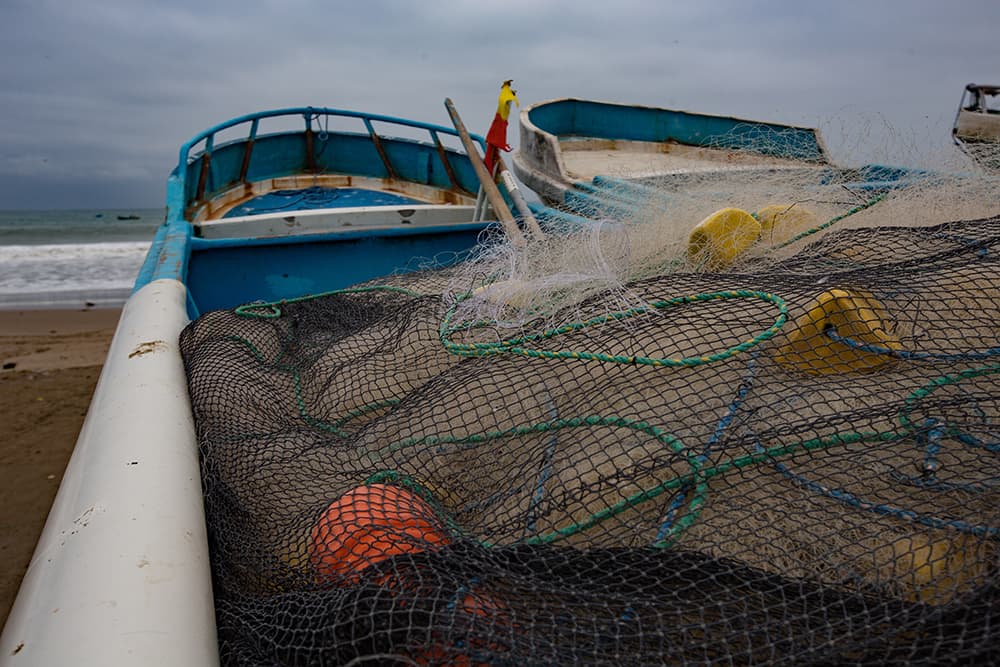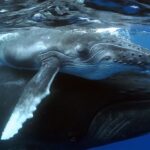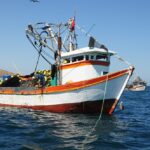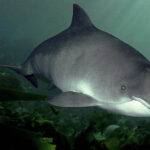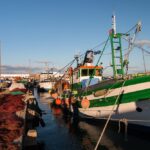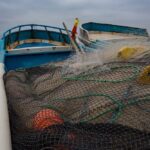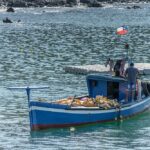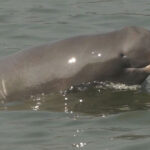Pingers: An Initiative to Reduce Bycatch of Cetaceans in Ecuador
PARTICIPANTS:
Ministry of Fisheries Ecuador Government, Ministry of the Environment Ecuador Government, National Fisheries Institute Ecuador, FEMM (non-profit) Ecuador, Simon Fraser University Vancouver Canada, Future Oceans
- Key stakeholders collaborate with Future Oceans to supply Pingers to Ecuador’s 7500 small scale artisanal fishing vessels.
- Senior scientists and researchers establish largest Pinger experiment ever undertaken in Ecuador.
- Thousands of whales and dolphins can be saved with the use of Future Oceans Pingers in Ecuador
- Ecuador’s national fishing body, Instituto Nacional de Pesca (INP) supports large scale Pinger use.
Dolphin and whale entanglement is a serious problem in Ecuador.
Fishing is a necessity to an estimated 7500 artisanal fishermen who set nets every day. Very few artisanal fishermen currently use Pingers.
Ecuador relies on its fishing industry which exports $900m worth of seafood to the USA every year. Sustainable fishing in Ecuador is not only an environmental imperative, but it is also vital to Ecuador’s economy.
Over the past 8 years Future Oceans has built relationships with all key stakeholders involved in efforts to implement sustainable fishing practices in Ecuador.
Ecuadorian, Professor Juan Jose Alava of Simon Fraser University and James Turner of Future Oceans have co-authored a scientific paper defining a large scale Pinger project in Ecuador’s small-scale gill net fishing industry.
The project has the support of the Instituto Nacional de Pesca (INP) and is currently with the Ecuadorian government for approval.
The $500,000.00 project is the largest Pinger project ever undertaken in South America and represents an important milestone in Ecuador’s efforts to reduce cetacean bycatch and create sustainable artisanal fisheries.
